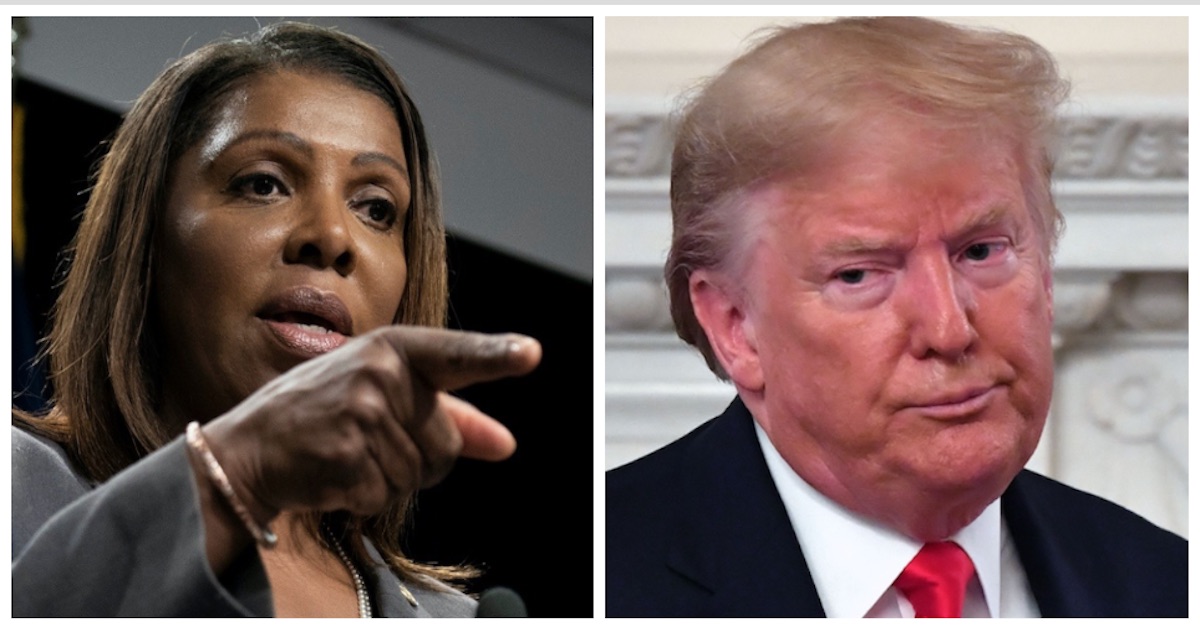
A New York appellate court refused to pause a $10,000-per-day fine imposed by a judge who found former President Donald Trump in contempt of court for not complying with subpoenas in a tax investigation.
On April 25, Manhattan Supreme Court Justice Arthur Engoron found Trump in contempt following a hearing where counsel for New York Attorney General Letitia James (D) accused the former president of flouting orders to respond to her latest round of subpoenas.
Instead of turning over the demanded records, Assistant Attorney General Andrew Amer said, Trump’s legal team responded with “boilerplate” objections long after the scope of the subpoenas had been adjudicated. Trump’s attorney Alina Habba insisted that her client has been responsive and forthcoming.
Breaking down the numbers at a recent hearing, Habba said that the investigation has involved 75 custodial interviews, more than 171 separate productions, and more than 6 million pages of documents to date. The attorney general’s office says that there is more to uncover and compared every new production to “pulling teeth.”
After Engoron found Trump in contempt, the former and his legal team tried to cure it with signed affidavits attesting that there is no more information to provide.
Engoron found those documents too vague to pass muster.
“This Court finds that Mr. Trump has not yet purged his contempt,” the judge wrote on Friday. “The affirmations submitted by counsel for Mr. Trump are insufficient in that they fail to specify who searched for each respective request, at what time, where, and using what search protocols; it is not sufficient simply to attach a list of people who participated in the searches.”
Last week, Habba sharply criticized the judge in a statement, in which she vowed to fight the rulings on appeal.
“This Court has improperly held my client in contempt for a violation that he did not commit solely because the OAG declared it ‘insufficient’ without any basis,” she told Law&Crime last week. “The tactics employed by this Court, including the dramatic pounding of the gavel, the statements directed to our client from the bench, and direct comments to the press have reduced this hearing to the likes of a public spectacle. We will zealously prosecute our appeal of the Court’s improper application of both law and fact.”
On Tuesday, she did not find better luck with New York’s Appellate Division, First Department, which rejected Trump’s request for a stay.
The court’s two-page denial does not reveal its reasoning, quickly dispatching the denial and referring the motion to a “full bench determination.”
Habba did not immediately respond to an email requesting comment.
In order to lift the contempt order, Trump currently must supply a so-called “Jackson affidavit,” referring to a 1992 New York appellate court precedent captioned Jackson v City of New York, which mandated detailed disclosures. Trump must also attest to whether he turned over his personal electronic devices for imaging and searching, resolving a key question about whether he really doesn’t communicate via email and text, as the ex-president insists.
This is a developing story.
Read the order, below:
[Images via Drew Angerer/Getty Images, Nicholas Kamm/AFP/Getty Images]